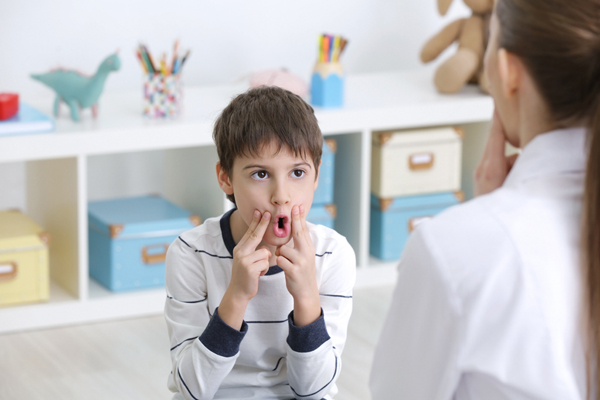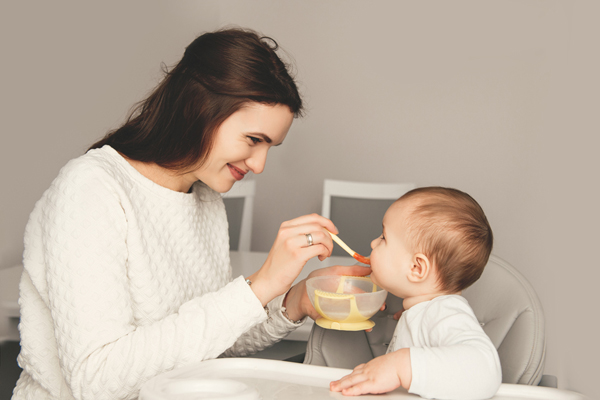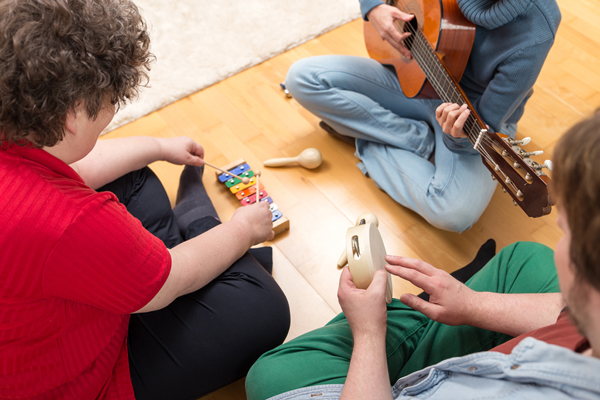Circle Speech - Small Talk

Uncategorized
- Subscribe to this category
- 2 posts in this category

You can do one of these things each day to promote communication and hearing health in the people you love.
- Smile and connect-facial expressions and eye contact help to open a conversation!
- Put away your electronic devices. Make a pledge to have phone –free meals.
- Use the volume control on your childrens’ headphones. Repeated exposure to high volume music will degrade hearing ability.
- Hang out with your kids- The important conversations happen unexpectedly. If you aren’t there, you will miss it.
- Get dirty-The more senses that are involved in play, the more that experience will stick with your child. Use their eyes and ears, get moving and let them get messy.
- Strictly limit screen time, especially for young children-babies learn by active engagement with the world. Watching a screen or electronic toy is passive and offers little benefit.
- Use comments, not questions-this holds true for toddlers and tweens alike. Comments and observations will elicit more conversation than quizzes and questions.
- Use feeling words- Label and address your feelings using language. Let your family see and hear you work through happy and frustrating times.
- Practice active listening-I’m sure you’ve heard this before but it bears repeating: “Listen to understand, not to respond.”
- Maintain healthy ears-Follow-up with your ENT if your child has frequent ear infections, trouble breathing through their nose or snores/wakes repeatedly at night for no known reason. Ear infections, throat infections and enlarged tonsils/adenoids can slow the development of speech and language skills.
- Contact a speech-language pathologist or audiologist in your area if you have questions or concerns about communication.

I’m noticing lately how distracted and scattered I can get when I am learning something new. I have a new project in my business, in addition to running a busy practice. Daily, I put things down and forget where I left them, I run errands and forget something important. I am impatient for the outcomes I want and can be emotional if I don’t get results quickly.
I am a relatively well-adjusted adult, and learning new skills while trying to juggle a busy schedule can make me nuts if I let it. It occurs to me that as parents and educators, we ask our children to learn and practice new skills under pressure every day. Learning and growing are obviously necessary for our kids to become happy, healthy adults. However, if we can be aware of the circumstances under which we ask children to learn, it can lead to more effective, natural learning. A little pre-planning goes a long way.
Try these three easy strategies...
- Break a task down into manageable steps. If a task seems easy to us, we might not realize just how complex the same task can seem to a new learner. Saying speech sounds correctly, for example, is something we all know how to do as adults. Children, though, need to learn the specific and precise mouth movements a little bit at a time.
- Allow more time than you think it should take. We all need time to adapt and process new information. Your child may need to see, hear and touch what he is learning multiple times before he can remember it. It’s not about how long it takes to learn a new skill but how well it’s learned.
- Keep it simple. Take steps to make sure you are only introducing one new skill at a time. If you would like to help your child learn to use a fork to eat, make sure the food going onto the new fork is a familiar, favorite food. If I am trying to teach a child a new word, I don’t use a brand new game the child has never seen before. Too many new things at once is overwhelming.
If you can break new tasks into manageable pieces, allow plenty of time and only introduce one new task at a time, you will help your child learn new things without losing their mind!







